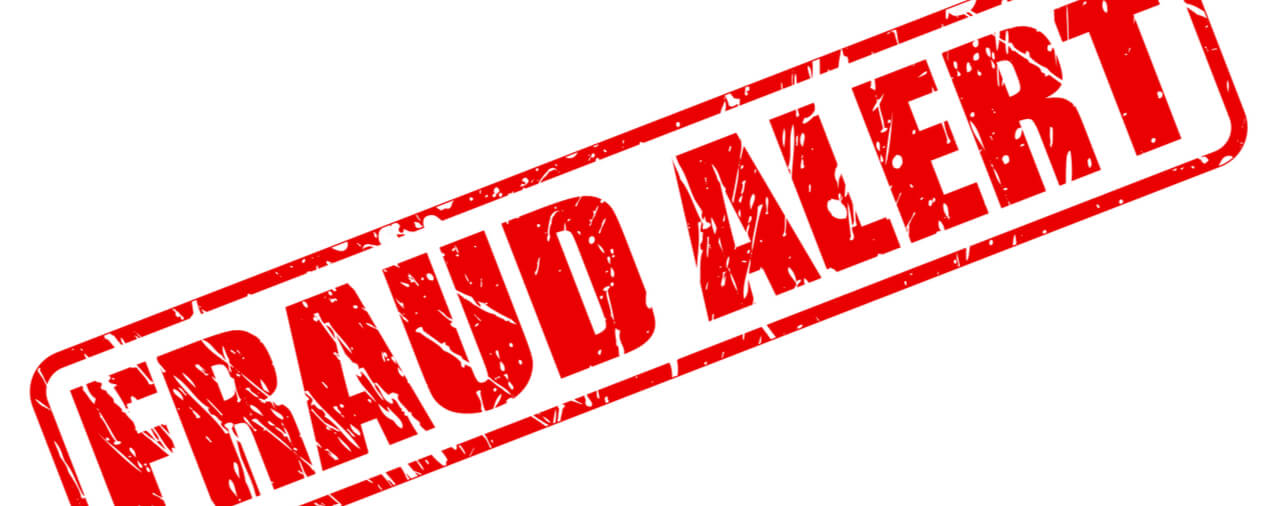DHS OIG Issues Fraud Alert
On May 20, 2019, the Department of Homeland Security (DHS) Office of Inspector General (OIG) released an important fraud alert warning individuals about a virulent scam [PDF version].
The DHS OIG explains that this scam involves the perpetrator “befriend[ing] a victim using a mobile app that has a built-in chat feature, such as Facebook Messenger or Words with Friends.” In other cases, “the perpetrator feigns romantic interest and pursues the victim through online dating services or chat rooms.” After the perpetrator gains the victims trust, the perpetrator solicits funds from the victim to remedy a purported minor hardship.
After a victim provides funds to the perpetrator, he or she receives a phone call from another perpetrator claiming to be from the DHS or another law enforcement organization. “The fraudsters will spoof the caller ID of a legitimate law enforcement phone number.” The fraudster then tells the victim that the funds he or she paid the day before went to a criminal organization or terrorist group and threatens the victim with arrest and imprisonment. The fraudster then tells the victim to contact a lawyer to help resolve the matter. If the victim contacts this fake lawyer, he or she will be instructed to pay the “lawyer” $1,000 or more as a “retainer.”
The DHS OIG advised people that law enforcement numbers can be spoofed by fraudsters. When an individual receives a fraudulent call from “law enforcement,” he or she should not provide any personal information. If an individual is unsure whether a call he received purporting to be from DHS or any other law enforcement organization is legitimate, the DHS OIG encourages him or her “to call the relevant field office number of the government agency and ask to be put in touch with the individual who called…” The DHS OIG made clear: “Legitimate law enforcement callers will never ask you to pay fines over the phone or request money from you.”
If an individual believes that he or she was the victim of the scam described in the news alert, he or she may call the DHS OIG Hotline at 1-800-323-8603 or file a complaint online at www.oig.dhs.gov. The DHS OIG added that “[b]y asking the perpetrators for a phone number or email address you can use to contact them to facilitate payment, you may be able to obtain valuable information that could assist DHS OIG [in investigating] the scam.”
The scam described by DHS OIG appears to target citizens and non-citizens alike. It is important to remember that many fraudsters target non-citizens by claiming to be representing Federal immigration enforcement or other law enforcement entities. As the DHS OIG made clear, legitimate law enforcement organizations do not ask individuals to pay fines or request money. Individuals should always err on the side of extreme caution if a call seems suspicious and not provide personal information. In addition to contacting the government agency for guidance, individuals with immigration attorneys or other legal representation may seek guidance on suspicious calls and how to proceed.

- Melsida Asatrian's blog
- Log in to post comments
